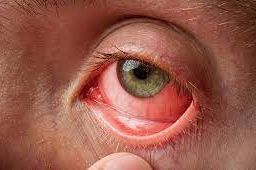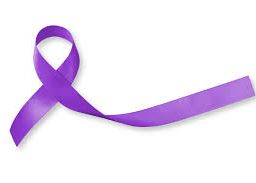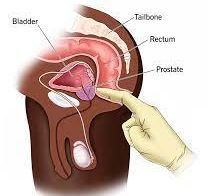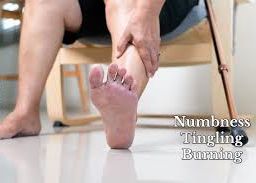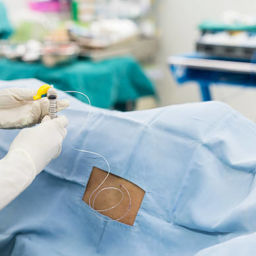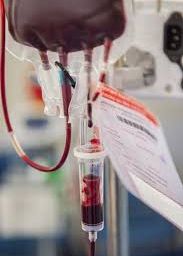
C-section Incision Care: Why Alcohol Isn’t Recommended
The postpartum period following a Caesarean section, or C-section, demands meticulous care for the incision site to ensure optimal healing and prevent complications. Among the inquiries that often arise for new mothers is the appropriateness of using alcohol to clean the incision. In this discussion, we delve into the intricacies of C-section incision care and address a crucial question: Should one clean their C-section incision with alcohol? Unraveling the nuances of post-C-section recovery, we explore the reasons behind discouraging alcohol use, emphasizing the significance of following healthcare provider recommendations for a safe and comfortable healing journey. Understanding the best practices for the incision care is essential for new mothers, fostering an environment conducive to recovery and allowing them to cherish the early moments with their newborns without unnecessary concerns.

A Caesarean section, or C-section, is performed to deliver a baby when a vaginal birth is not possible or safe. After a C-section, proper incision care is crucial for a smooth and complication-free recovery. One common question many new mothers have is whether they should clean their C-section incision with alcohol.

Should You Clean Your C-Section Incision with Alcohol?
The short answer is no; you should not clean your C-section incision with alcohol. Caring for your incision is crucial to prevent infection, promote healing, and ensure a comfortable recovery. While alcohol is often used for cleaning other types of wounds, it is not be the best option for C-section incisions. Here’s why:
1. The use of alcohol on C-section incisions is generally discouraged because it may delay healing. C-section incisions are typically closed with sutures or staples, and they are designed to heal from the inside out. Alcohol can be harsh on the skin and may slow down the natural healing process. It can irritate the incision site, leading to discomfort and potentially delaying the healing of the incision. Furthermore, alcohol can be painful when applied to the incision, which is already a sensitive area.
2. Alcohol can be drying to the skin, and the incision area is no exception. Dry skin can become itchy and uncomfortable, which is not ideal for a healing incision. Additionally, excessive dryness can increase the risk of developing scabs or crusts on the incision site, potentially leading to complications.
3. Unlike other wounds or abrasions, C-section incisions are typically made under sterile conditions in a hospital. This means that the risk of infection is significantly lower than with open wounds. Cleaning an incision with alcohol may be unnecessary and could introduce unnecessary risks to the healing process.
 So, How Should You Care for Your C-Section Incision?
So, How Should You Care for Your C-Section Incision?
Here are some guidelines for proper incision care:
1. Your best approach to incision care is to follow the guidance of your healthcare provider. They will provide specific instructions tailored to your situation. Most healthcare professionals recommend gentle, non-alcoholic solutions, such as mild soap and water, for cleaning the incision.
2. Proper hygiene is crucial for preventing infection and promoting healing. The best way to care for your incision is to keep it clean and dry. Gently cleanse the area with mild soap and water and pat it dry with a clean, soft cloth or sterile gauze. Keeping the incision clean and dry is essential to minimize the risk of infection and promote healthy tissue regeneration.
3. While it’s essential to maintain cleanliness, it’s also vital to monitor your incision for any signs of infection. If you notice redness, fever, increasing pain, pus, or an unusual odor, contact your healthcare provider immediately. Infections can be serious and need prompt medical attention.
4. It’s natural for the incision site to itch or be uncomfortable as it heals, but scratching or rubbing the area can be detrimental to the healing process. Try to resist the urge to touch the incision.
5. In addition to cleanliness, following other healing and scar care tips is essential for your incision’s recovery. Some of these tips may include wearing loose-fitting clothing, avoiding heavy lifting, and using scar management products as recommended by your healthcare provider.


